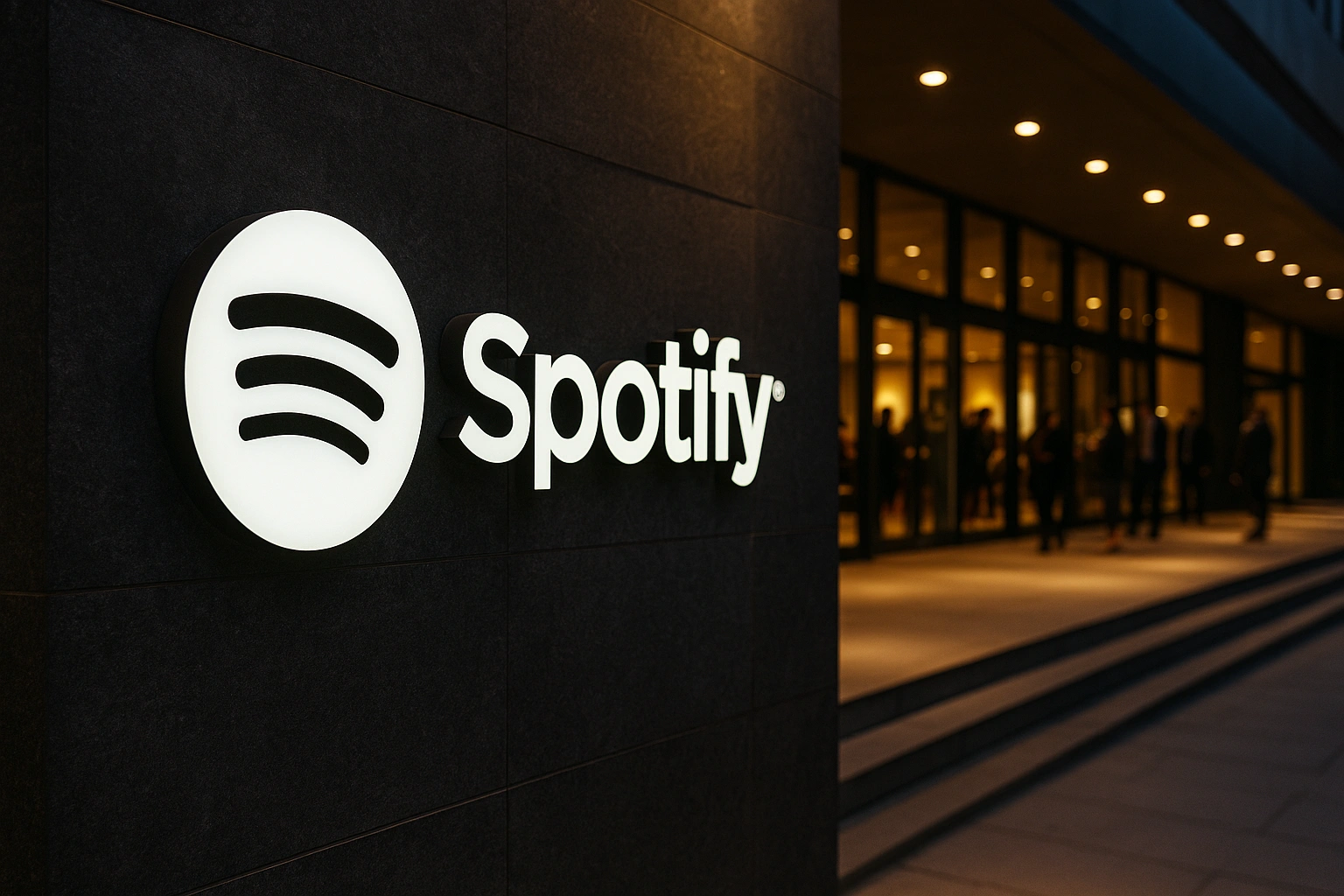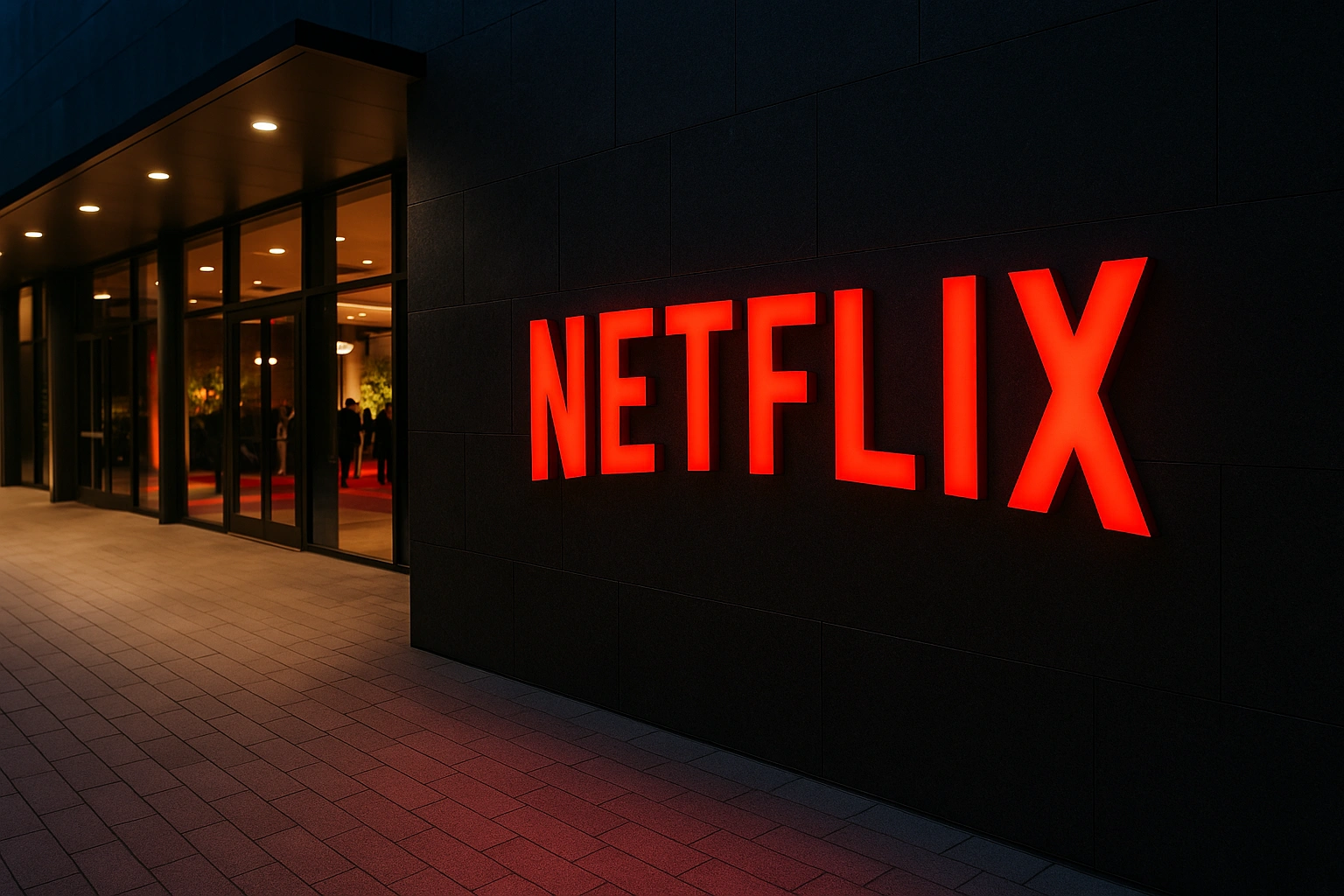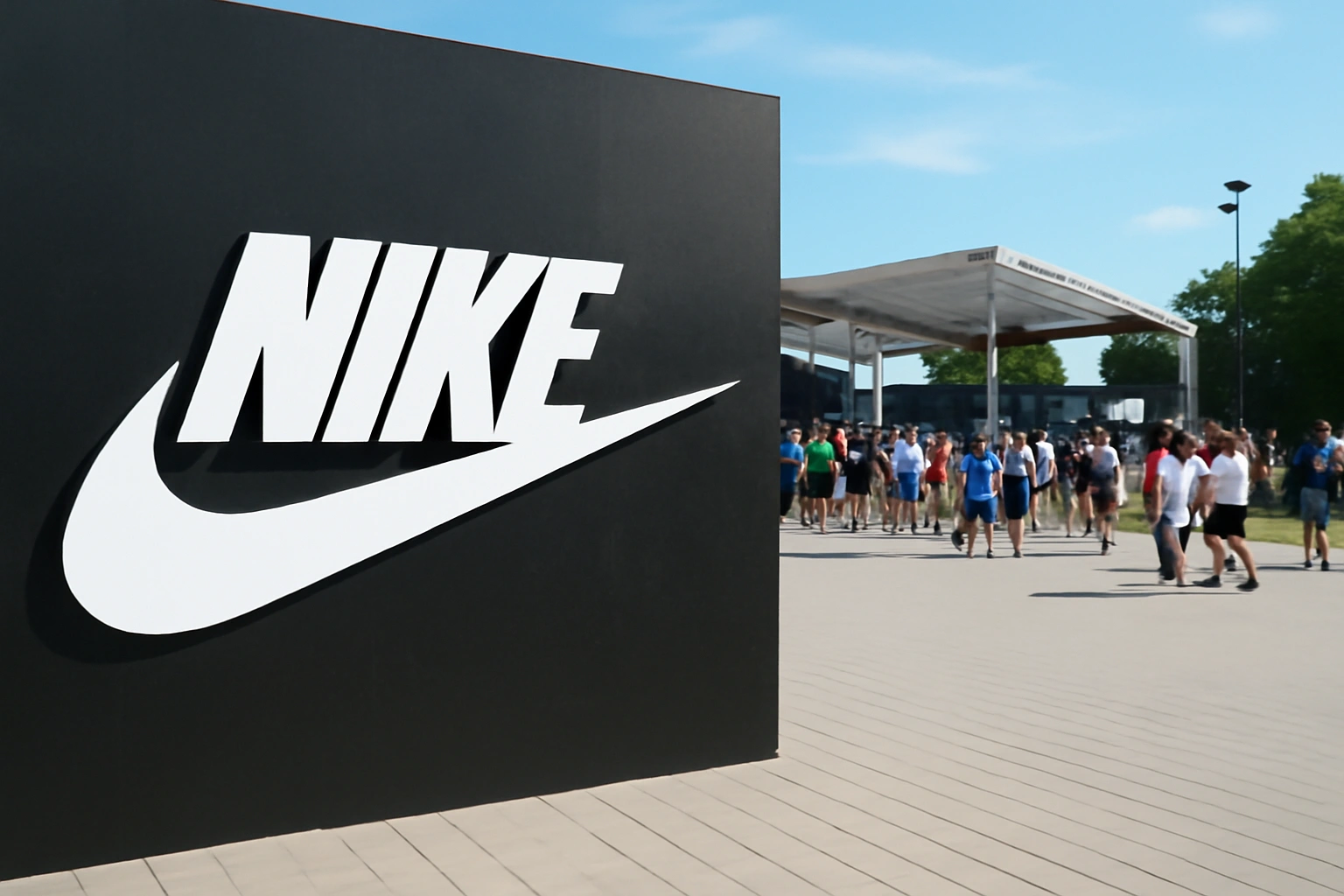Introduction
Event staffing is not just about filling roles, it is about creating the structure that keeps large-scale productions running smoothly. Whether it is a festival, a conference, or a global broadcast, the people on the ground ensure that the vision translates into reality. Spotify, one of the world’s most influential music and audio platforms, provides a valuable case study on how live event operations can be managed at scale.
While Spotify is best known for its streaming service, the company also manages complex live event infrastructure. Their systems process billions of digital “events” per day and support live artist-fan engagement around the world. The way Spotify structures its operations offers key insights into event staffing best practices. This blog explores how Spotify’s principles of scalability, reliability, and adaptability translate directly into the human side of event staffing.
CEO Excerpt
“In a city like New York, where the scale and visibility of events are unmatched, operational discipline makes all the difference. Spotify shows us that resilient systems and agile operations are the backbone of global engagement. In live events, the same principle applies to staffing. By combining structured roles, adaptability, and a culture of compliance, we ensure that events meet the highest expectations. At Premier Staff, we are committed to delivering that level of excellence.”

Spotify Live Event Overview
Billions of Events Powering User Experience
Every day, Spotify handles an enormous volume of real-time data generated by user interactions such as plays, searches, and playlist activity. This architecture is designed to manage over 8 million events per second and hundreds of terabytes of new data daily. According to the Spotify Engineering Blog, this infrastructure ensures reliability at scale. Behind the scenes, this operational discipline mirrors the rigor required for managing large in-person events where every interaction counts.
Live Artist Engagement and Fan Interaction
Beyond streaming, Spotify powers artist-fan engagement through features like Wrapped, Discover Weekly, and live listening events. Spotify Wrapped is a perfect example of how real-time event data translates into global fan activations. These initiatives depend on real-time data delivery, but they also depend on human-facing teams at live activations, brand experiences, and artist showcases. Staff must be trained to handle high-volume participation, manage crowd expectations, and maintain brand consistency across multiple touchpoints.
Why Staffing Still Anchors the Human Side
Technology drives Spotify’s innovation, but people deliver the experience. The same way Spotify routes billions of digital events through pipelines, live event staffing requires clear chains of command and rapid responsiveness. From ushers to brand ambassadors, staffing precision ensures guests experience the same reliability they expect from Spotify’s digital platform.
Event Delivery System and Architecture
From Kafka to Cloud Pub/Sub for Scalability
Spotify originally relied on Apache Kafka for event delivery but shifted to Google Cloud Pub/Sub to improve scalability and reduce operational overhead. This move allowed the company to focus on reliability and efficiency. In staffing terms, the lesson is clear: choose tools and partners that scale with your needs, rather than straining resources with outdated systems.
Microservices and Autoscaling in Event Flow
Spotify’s infrastructure runs on roughly 15 microservices distributed across thousands of virtual machines. These microservices scale automatically to handle peaks in demand. The analogy in event staffing is specialized teams. Just as microservices handle distinct tasks, bartenders, security personnel, and brand ambassadors must be deployed in specialized roles, scaling up or down based on crowd size and event flow.
Data Privacy and Compliance as Non-Negotiables
Spotify incorporates GDPR compliance and strict privacy protections into every layer of its infrastructure. The European Commission’s GDPR overview explains why such safeguards matter. For live events, this principle translates into managing guest data, protecting personal information, and ensuring secure entry protocols. Staffing teams must be trained in compliance procedures, whether they are checking IDs, handling guest lists, or supporting corporate confidentiality requirements.

Key Principles that Translate into Staffing Practices
Isolation of Event Types as Role Clarity for Staff
Spotify isolates different event types into dedicated processing pipelines to prevent one overload from disrupting the system. In live events, role clarity is just as important. Security staff should not handle catering tasks, and production assistants should not be responsible for guest relations. Clarity prevents confusion and keeps service levels consistent.
Liveness Over Lateness as Real-Time Responsiveness
Spotify prioritizes processing events as they happen, even if it means some data streams lag temporarily. Live event staffing operates the same way. Real-time response to issues such as line backups, equipment failures, or guest concerns is more valuable than aiming for perfect but delayed solutions. Staff must be empowered to act immediately and make decisions that protect guest experience.
Microservices as Specialized Staffing Teams
Just as Spotify divides its system into microservices, event staffing requires specialized teams with unique skill sets. Bartenders, greeters, production crews, and technical staff all function like microservices that collectively power the event. This specialization ensures efficiency, reduces overlap, and creates smoother workflows on the day of the event.
Compliance and Security as Staffing Standards
Spotify enforces compliance at the schema level, ensuring privacy at scale. For live events, this means embedding compliance into staffing practices. Whether it is ID checks at a corporate launch or managing VIP data at a trade show, compliance is a staffing best practice that protects both guests and hosts. Staff trained in compliance also instill confidence among attendees, which enhances the overall atmosphere.
Staffing Insights from Spotify’s Event Operations
Prioritization and Incident Response in High-Pressure Events
Spotify continuously monitors its pipelines, prioritizes alerts, and addresses incidents based on severity. For live events, staffing agencies must prepare teams to triage issues in real time, from technical delays to guest emergencies. Training staff to prioritize responses ensures continuity without overwhelming resources. It also reassures clients and attendees that the event is in capable hands.
Scaling Resources Dynamically for Event Surges
Autoscaling allows Spotify to handle spikes in traffic without sacrificing service quality. Similarly, event staffing agencies must be able to scale teams up or down within hours. A corporate gala that suddenly doubles in size or a festival that experiences unexpected turnout demands flexible staffing solutions. Having access to a large pool of trained, vetted staff is essential to meet these demands effectively.
Structured Pipelines as Staffing Chains of Command
Spotify’s structured event delivery pipelines keep data flowing smoothly. Events benefit from similar structure, where chains of command ensure staff know exactly who to escalate issues to. A well-designed staffing hierarchy reduces miscommunication and enhances decision-making speed. Staff are more confident when they understand their reporting lines, which in turn creates a more professional event environment.
Testing, Learning, and Adapting in Real Time
Spotify emphasizes rapid experimentation, quick failure recovery, and continuous improvement. For staffing, this principle means training teams to adjust quickly, learn from challenges, and adapt procedures on the spot. Event organizers benefit when staff are not only trained but resilient. This culture of adaptability ensures that no setback becomes a showstopper.
Applying Spotify’s Best Practices to Large-Scale Events
Training Staff for Real-Time Adaptability
Just as Spotify’s systems adjust instantly to new data loads, staff must be trained to adapt in real time. Whether it is changing guest seating at the last minute or redirecting lines, adaptability protects guest experience. Staff who can pivot without hesitation become valuable assets at high-profile events.
Building Specialized Roles for Different Event Needs
Spotify’s isolated pipelines inspire the practice of assigning dedicated staff to unique event functions. For example, dedicated production assistants for backstage coordination, bartenders for VIP areas, and multilingual brand ambassadors for international guests. This degree of specialization ensures that each aspect of the event is handled by professionals with the right skill sets.
Ensuring Privacy, Compliance, and Guest Data Security
Events often handle sensitive information, from registration details to VIP protocols. Training staff in compliance procedures ensures smooth, secure experiences that build trust. By embedding security protocols into staffing workflows, organizers can reduce risks and demonstrate professionalism. Guidance from the Event Industry Council helps agencies adopt industry-standard compliance practices.
Creating a Culture of Experimentation and Recovery
Spotify’s resilience comes from testing and learning. Event organizers can mirror this by encouraging staff to suggest improvements, experiment with workflows, and remain calm during setbacks. A staffing culture that embraces learning becomes stronger with each event. Teams that evolve together deliver better outcomes in the long run.

Local Authority Section – Why New York Demands Similar Standards
New York as the Global Hub for Music and Live Events
Spotify’s headquarters are in New York City, one of the busiest live entertainment markets in the world. The city hosts thousands of concerts, premieres, and corporate events each year, making it a hub for innovation in event management. The density and diversity of events require precision in planning and execution.
Iconic Venues and Festival Infrastructure
From Madison Square Garden to Barclays Center and the Javits Center, New York venues are globally recognized. Events in these locations draw diverse, high-profile audiences. According to NYC Tourism, the city welcomed over 60 million visitors in 2023, with many attending large-scale events. This constant influx of people places additional pressure on staffing systems.
Why Staffing Precision is Critical for NYC Events
The stakes in New York are incredibly high. Guest lists include international executives, celebrities, and tourists. Staffing teams must be multilingual, polished, and ready to adapt to the city’s pace. Just like Spotify’s event systems, staffing here requires precision, reliability, and professionalism. Event organizers who want to succeed in New York cannot compromise on staffing quality.
Bottom Line
Spotify’s Model of Scalability, Security, and Adaptability
Spotify’s approach to event delivery shows how scalability, compliance, and real-time adaptability can power both digital and live experiences. These operational lessons are directly transferable to event staffing strategies that demand excellence.
Applying Event Staffing Best Practices to Your Next Major Event
For event organizers, the takeaway is clear. Invest in event staffing best practices. Build specialized teams, train for adaptability, and embed compliance into every role. With the right structure, your event can achieve the same level of operational excellence that Spotify delivers in its global systems. Data from Statista further underlines the growth of the U.S. event industry, making reliable staffing more important than ever.






